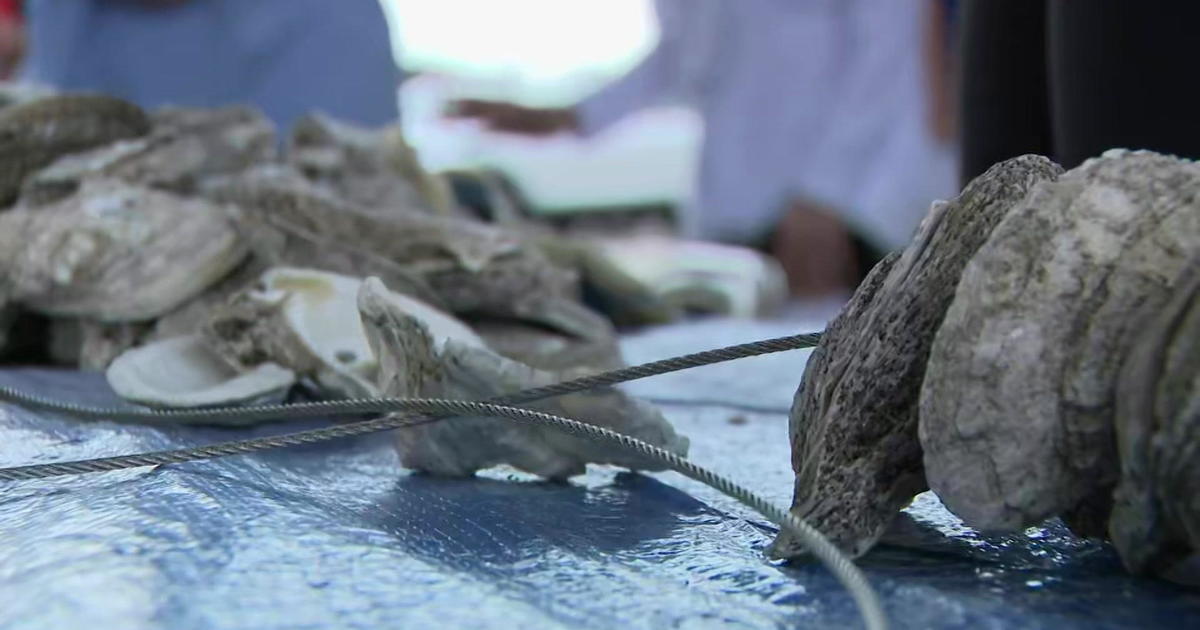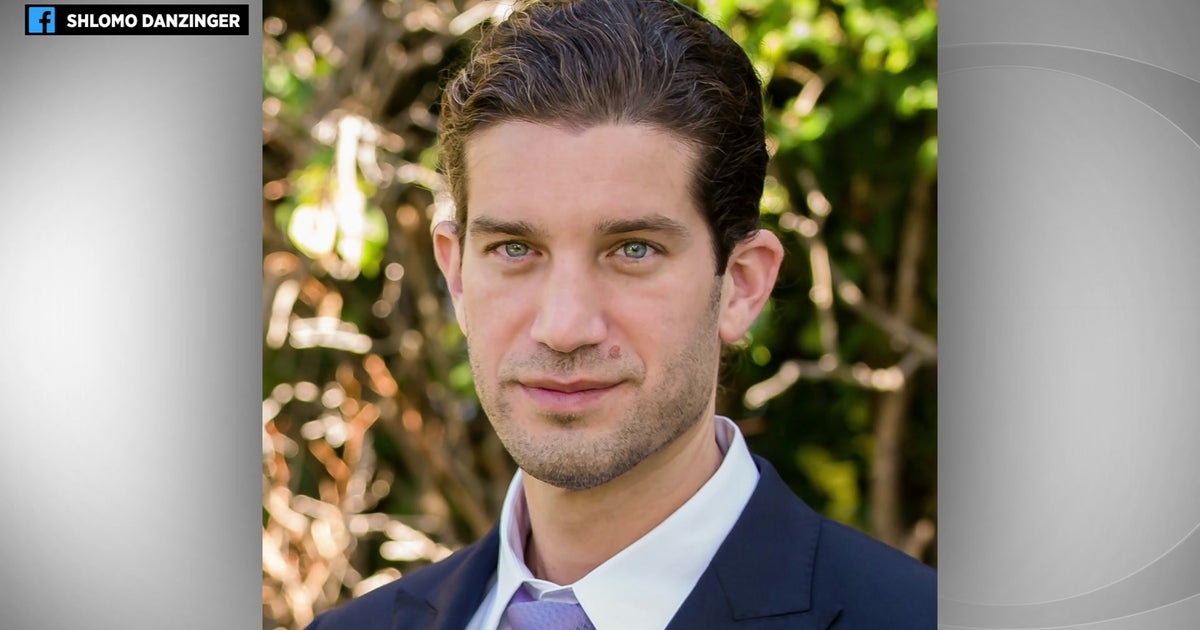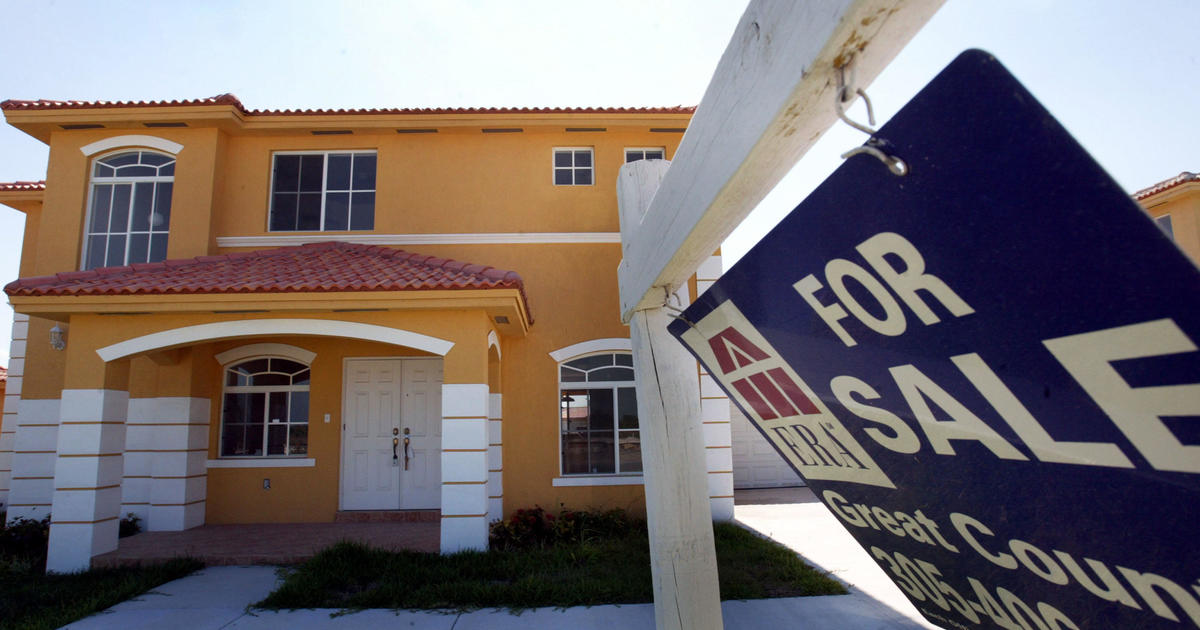Crist Misses Opportunities With Minority Voters
Follow CBSMIAMI.COM: Facebook | Twitter
MIAMI (CBSMiami/AP) — To win the gubernatorial race, former Governor Charlie Crist needed Florida's black and Latino voters.
These Floridians trend Democratic, and together they make up about a quarter of the electorate. They voted overwhelmingly for President Barack Obama's re-election in 2012, putting him ahead in the nation's most influential swing state even as he trailed with non-Hispanic white voters.
They preferred Crist this year, but they didn't come out in large enough numbers to put him over the edge and Republican Gov. Rick Scott defeated him 48 percent to 47 percent. While it's too soon to fully tally Latino and African-American turnout statewide, in more than a dozen heavily Hispanic Miami-Dade County communities, the turnout rate was even lower this year than in the 2010 midterms — even though Crist's and Scott's running mates were both Latinos. Overall turnout was also down in Democratic-leaning Broward County.
Crist won both counties handily, but he needed a larger voter turnout in those large Democratic strongholds to offset huge deficits in dozens of smaller counties statewide.
To be sure, Scott outspent Crist two-to-one in an election that came in at well more than $100 million, according to campaign reports and estimates of outside funding. And Crist and his lieutenant governor candidate, Colombian-born businesswoman Annette Taddeo, like Democrats across the nation, suffered from voter frustration with president and the economy. The Republican-turned Democrat also faced questions about his recent political conversion. But community activists say there was also something else: the Florida Democratic Party once again didn't do enough to rally some of its strongest supporters.
"Annette was great and was out there. And for the black community that changed somewhat at the end, but it felt like for a long time there was radio silence," said Gihan Perera, executive director for labor-backed Florida New Majority.
Democrats did open new offices in places like the farm community of Apopka, where a quarter of residents are Latino. The campaign added sites in African-American and Haitian communities and inaugurated a campaign hub in the South Florida Republican and Cuban exile stronghold of Hialeah.
But nonprofit groups and voters say there's a difference between opening an office and actually talking with residents about their needs.
"I just saw all these negative ads but didn't see how the candidates would help me," said Themal Lake, 31, a Virgin Islands native who manages a restaurant in the Miami suburb of Doral. "I've got a little boy, and I'm just trying to save money for him. That's what I'm focused on."
Crist did well with Latinos who came out, winning 58 percent of the vote to Scott's 38 percent. But he angered some Cuban-American voters when he announced this spring that not only did he now favor modifying the U.S. economic and travel embargo of Cuba, something many Cuban-Americans want, but that he favored scrapping it. He also said he was considering visiting the island.
Meanwhile, many Puerto Ricans in central Florida, who increasingly favor statehood and voting rights, found Crist's endorsement from Puerto Rico's anti-statehood governor a tone deaf move.
Jerry Pena heads Faith in Florida, a statewide organization that works closely with immigrants and minority communities.
He says influential religious leaders didn't trust either candidate. He wonders why Crist didn't highlight issues like how as governor from 2007-11 he pushed for the restoration of voting rights to ex-convicts, which Scott reversed.
"He barely spoke on that. Every time we ran into Crist, he'd say I'm all for rights restoration, but he didn't use it on the trail, even though 70 percent of folks affected are people of color," Pena said.
Some black voters also resented Crist for running as an independent during the 2010 U.S. Senate race, which helped doom Democrat Kendrick Meek's chances of becoming Florida's first black U.S. senator.
Pena and Perera both said Democrats may have tried to emulate Obama's campaign too much by relying so heavily on volunteers.
"I'm a community organizer. I can tell you — it's hard to organize folk," Pena said. "I have a lot of paid staff to do that."
This year the GOP also refused to let Democrats repeat their 2012 successes without a fight.
Jennifer Korn runs Hispanic initiatives for the Republican National Committee. She hired a state Hispanic outreach coordinator and six field coordinators earlier this year, all Floridians. The RNC created paid internships for Latino youth and emulated the Obama campaign's much vaunted election database, cutting into Crist's technological advantage.
"There were times when we would go to events, and there would be surprise, 'What are the Republicans doing here?'" she recalled. Korn described Florida midterms as a testing ground for better outreach to Latino voters in 2016. "I would bank on it that we will expand the scene here and across the country."
(TM and © Copyright 2014 CBS Radio Inc. and its relevant subsidiaries. CBS RADIO and EYE Logo TM and Copyright 2014 CBS Broadcasting Inc. Used under license. All Rights Reserved. This material may not be published, broadcast, rewritten, or redistributed. The Associated Press contributed to this report.)
RELATED CONTENT:



